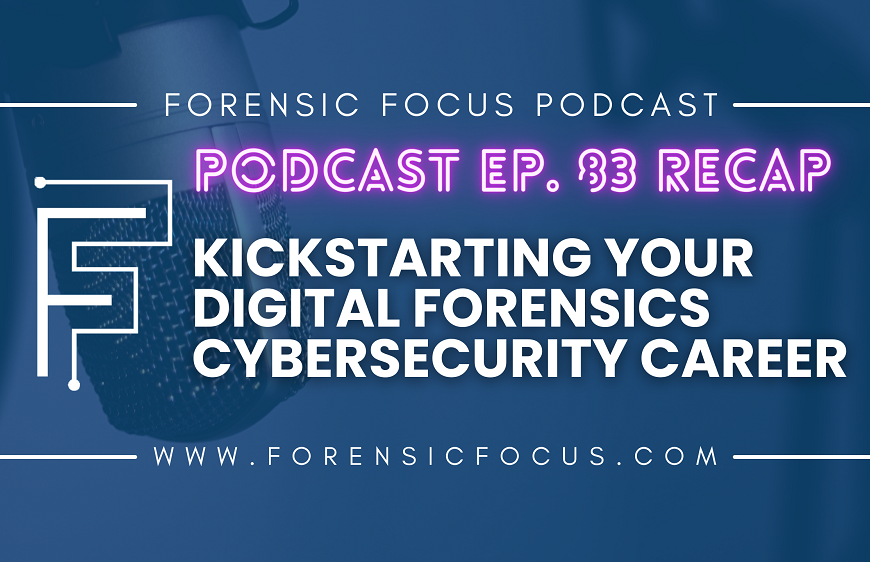In every company in the UK there is likely to be a PC, and therefore an IT security breach is almost inevitable. These are the findings of the 2005 National High Tech Crime Unit report into the effect of computer crime on businesses. The main concern for said decision makers after a breach had occurred was how to maintain business continuity. However if half of IT staff employed within companies have no formal IT security qualifications, what exactly must you do to stop your business grinding to a halt? Firstly don’t step in guns blazing CSI style – the Channel 5 TV show that is. Although the glossy crime series has brought Computer Forensics to the forefront of public awareness, it does little to reflect the correct and essential procedures that must be put in place once there is suspicion of criminal activity…In a recent episode Sanders walks on to a crime scene, turns on a nearby computer and begins accessing the email. Joel Tobias, Managing Director of Computer Forensic Company CY4OR comments on why this is exactly what you must not do;
‘Not only could this potentially damage evidence, any incriminating data that was uncovered would undoubtedly be thrown out of a court of law as the proper evidential procedures would not have been put in place. The evidential continuity would have been compromised and a criminal case could collapse.’
According the NHCTU survey however, where it states that less than 24% of companies have a crisis management procedure for this type of situation, it may common scenario. The temptation for IT Departments to become digital detectives and deal with a breach of security in house is understandable, as companies worry about investor confidence, company reputation and business in general. However with cyber crime costing the UK billions every year, it is more important than ever that crimes are reported and criminals brought to justice.
There a few basic steps to follow, to minimise exposure and resolve the situation as quickly as possible; firstly treat the matter seriously, tell your legal team not your colleagues about your suspicions. Secondly don’t inform your IT department – employ the skills of computer forensic experts. Professional analysts from reputable companies adhere to ACPO (Association of Chief Police Officer) guidelines, can identify digital evidence quickly and ensure that it will stand up in court by following the correct procedures. (They can even image your computers after hours, to avoid inevitable discussions by the water cooler).
The principal of forensics which says that ‘every contact leaves a trace’ cannot be emphasised enough. There is a time and a place to leave it to the experts, and this is it.














